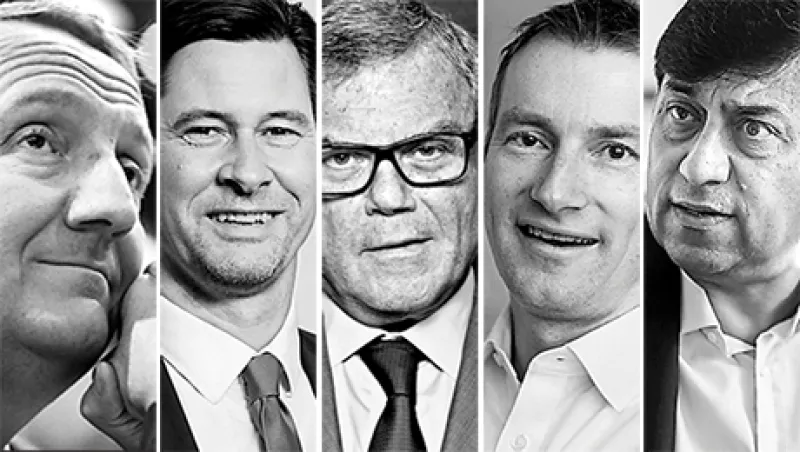
2015 All-Europe Executive Team Honors Region’s Corporate Leaders
Europe’s top companies have been spurring growth by exploring new markets and business lines.
Katie Gilbert
March 23, 2015


